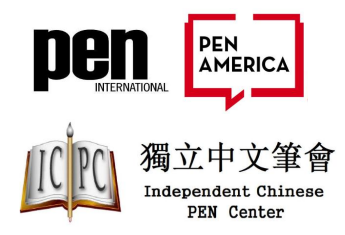PEN International joins PEN Centres in submission to UN committee on women writers in China
11 May: On 12 May, China will undergo a review in Geneva by the UN Committee on the Elimination of Discrimination against Women (CEDAW), assessing the PRC government’s implementation of an international treaty on women’s rights that it ratified in 1980.
As part of the review process, PEN International has joined PEN America and the Independent Chinese PEN Center (ICPC) in submitting evidence to the Committee focused on three issues: the treatment of women writers and scholars in detention; ethnic minority women and girls’ right to education and to use and learn their mother tongue; and women’s right to free expression in relation to the COVID-19 pandemic. We found that the government has failed to adequately protect women’s rights in each area, including by failing to implement CEDAW treaty provisions.
Included in our joint submission are several recommendations for the Committee, including that it calls on the PRC government adhere to its international human rights obligations and end its practice of persecuting and prosecuting women writers and women exercising their right to free expression.
Women writers, publishers, and scholars in China have been subjected to various forms of harassment and imprisonment in violation of their right to freedom of expression. The ICPC is tracking 14 cases of women who are currently detained in China at least in part for their writing. Uyghur women have faced arbitrary detention and denial of due process and procedural rights due to their cultural, religious, and linguistic identity.
The PRC government’s “bilingual education” policies privilege education in Mandarin Chinese, resulting in a systematic failure to provide equal access to ethnic minorities’ education through their mother tongue. Ethnic Uyghur, Tibetan, and Mongolian children face widespread discrimination under assimilatory education policies that marginalize the use of minority languages. These policies have been imposed without public consultation and are often strongly opposed by local minority communities, who face arrest and harassment for opposing such policies through peaceful demonstrations or online writing.
PRC authorities have also suppressed women’s right to seek and receive information about the COVID-19 pandemic, denying their right to free expression about the pandemic and recovery efforts. Female journalists, commentators and protesters have been detained for expressing themselves, reporting on, or sharing information about the pandemic.
Read our joint submission here

